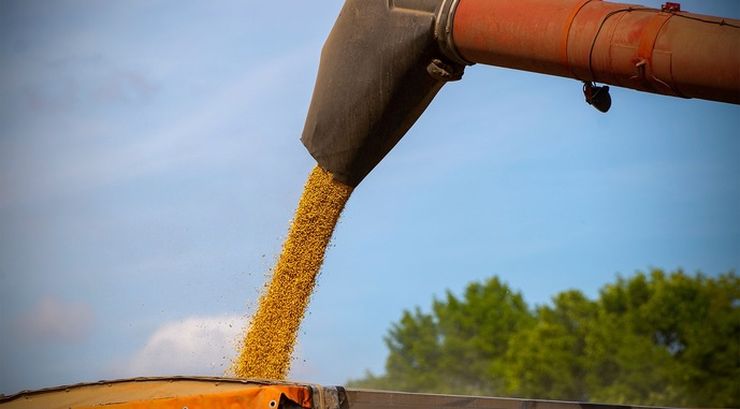Ukraine. The main strategy is to reduce costs, productivity has been postponed for later

Due to difficult working conditions, lack of working capital and the difficulty of exporting, farmers transformed the strategy of “increasing productivity” into “reducing costs”. A return to the main factor—increasing productivity—can only be expected once the economy has recovered from the war.
Grain market analyst of UkrAgroConsult company Maryna Marynych told about this during the conference “Ukrainian exports – how to get access to the sea?”.
“Among the consequences of the war for the agricultural sector, I wanted to single out the shortage and high cost of means of production, especially mineral fertilizers. Their lack affects the volume of the harvest. And in the current season, it will be even more noticeable,” says Maryna Marynych.
According to her, the reduction of the area of winter crops for the harvest of 2023 in Ukraine in general amounts to 37%. The largest decrease is observed in the east, less in the south, in the north winter crops will decrease by 16% compared to last year. At the same time, wheat will experience the greatest reduction.
The total areas under dry crops will decrease, and the extent of their reduction will depend on the further operation of the grain corridor. This year, almost all crops show zero or negative margins. The exception is sunflower, which is why agrarians can give priority to this crop when planning crop areas in 2023. But final decisions will be made by agricultural producers closer to spring, because planning has become possible only in the short term.
The analyst notes that the demand for corn and barley from China remains weak, so the area under these crops in Ukraine will decrease.
Less expensive crops may remain at previous levels.
UkrAgroConsult predicts that in the current season it will be possible to export:
- wheat — 12.5 million tons;
- corn — 25 million tons;
- sunflower oil — 4.3 million tons.
The pace of exports at the beginning of the season gives hope for realizing the potential in full.
“The changes also affected the processing industry. This year, we are observing a significant reduction in oil exports in favor of sunflower seeds. This is explained by the fact that the facilities for processing were located in the occupied territories for a certain time. Therefore, even if the grain corridor is operating, oil exports are expected to decrease by 4%, and sunflower exports may reach a new record — about 2 million tons,” says Maryna Marynych.
She adds that in conditions of a harvest reduction of more than 30%, such indicators can be achieved due to high transitional stocks.
The company also adds that the blocking of the ports worsened the corn balance.
According to analysts’ estimates, elevator facilities with a total storage capacity of more than 6 million tons remain blocked, damaged or non-working. And although there are alternative storage options – sleeves, but the slow harvesting of corn shows that they do not solve the problem.
Therefore, in the near future, experts expect a redistribution of investments in logistics and storage, as well as an increase in the investment attractiveness of the processing industry.
Read also
Wheat in Southern Brazil Impacted by Dry Weather and Frosts
Oilseed Industry. Leaders and Strategies in the Times of a Great Change
Black Sea & Danube Region: Oilseed and Vegoil Markets Within Ongoing Transfor...
Serbia. The drought will cause extremely high losses for farmers this year
2023/24 Safrinha Corn in Brazil 91% Harvested
Write to us
Our manager will contact you soon



